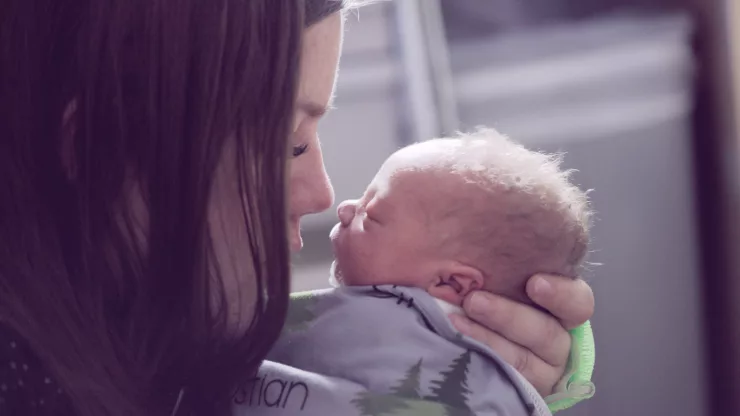From Student to Teacher
Congratulations! You have successfully completed your studies and are now ready to embark on a new journey as a teacher.
As you transition from being a student to being a teacher, you will face new challenges and opportunities. Teaching is a noble profession that requires a unique set of skills and mindset.
In this article, we will guide you through the process of transitioning from being a student to being a teacher.
Jump to Section
Preparing for the Transition: Skills and Mindset
To be a successful teacher, you need to have the right skills and mindset. Here are some skills and mindset that will help you prepare for the transition:
Skills:
- Communication skills
- Classroom management
- Lesson planning and delivery
- Assessment and evaluation
- Technology integration
Mindset:
- Growth mindset
- Empathy
- Creativity
- Patience
- Flexibility
To develop these skills and mindset, you can enroll in professional development courses, attend workshops, read books, and observe experienced teachers in action.
Finding Your Teaching Style: Experimentation and Reflection
As a new teacher, you may not have a clear teaching style yet. Finding your teaching style is a process of experimentation and reflection.
Here are some tips to help you find your teaching style:
- Try different teaching strategies and techniques.
- Reflect on what worked and what did not work.
- Solicit feedback from students and colleagues.
- Observe experienced teachers and learn from them.
Your teaching style will evolve over time as you gain more experience and feedback.
Building Relationships with Students and Colleagues
Building relationships with students and colleagues is essential for creating a positive and supportive learning environment. Here are some tips for building relationships:
With Students:
- Get to know your students as individuals.
- Show interest in their lives and hobbies.
- Be approachable and available.
- Provide positive feedback and recognition.
- Set clear expectations and boundaries.
With Colleagues:
- Collaborate and share ideas.
- Attend staff meetings and professional development sessions.
- Offer support and assistance.
- Respect differences and diversity.
- Celebrate successes together.
Challenging Moments: Coping Strategies and Support Systems
Teaching can be a challenging profession, and you will face difficult moments. Coping strategies and support systems can help you manage stress and overcome challenges. Here are some coping strategies and support systems:
Coping Strategies:
- Take breaks and practice self-care.
- Seek support from colleagues, family, and friends.
- Stay organized and prioritize tasks.
- Reflect on your successes and celebrate them.
- Learn from your mistakes and failures.
Support Systems:
- Mentors and coaches
- Professional organizations
- Online communities and forums
- Counseling services
Celebrating Successes: Reflection and Growth
Celebrating successes is an important part of being a teacher. Reflection and growth are also essential for continuous improvement.
Here are some ways to celebrate successes, reflect on your teaching, and grow as a teacher:
- Celebrate student achievements and progress.
- Reflect on your teaching practices and student outcomes.
- Seek feedback from students and colleagues.
- Set goals for personal and professional growth.
- Engage in ongoing professional development.
FAQ
How do I deal with difficult students?
Dealing with difficult students can be challenging. Here are some tips:
- Stay calm and composed.
- Address the behavior, not the student.
- Use positive reinforcement and praise.
- Set clear expectations and boundaries.
- Seek support from colleagues or a mentor.
How do I handle parent-teacher conferences?
Parent-teacher conferences can be nerve-wracking, but they are an important part of building relationships with parents. Here are some tips:
- Prepare ahead of time.
- Listen actively and empathetically.
- Be honest and transparent.
- Provide specific examples and evidence.
- Offer solutions and next steps.
How do I balance work and personal life?
Balancing work and personal life can be challenging, but it is essential for maintaining your well-being. Here are some tips:
- Set boundaries and prioritize your time.
- Practice self-care and relaxation.
- Delegate tasks and ask for help.
- Engage in hobbies and activities outside of work.
- Reflect on your values and priorities.

With a deep passion for personal development, Ben has dedicated his career to inspiring and guiding others on their journey towards self-improvement.
His love for learning and sharing knowledge about personal growth strategies, mindfulness, and goal-setting principles has led him to create My Virtual Life Coach.
Contact Ben at [email protected] for assistance.




